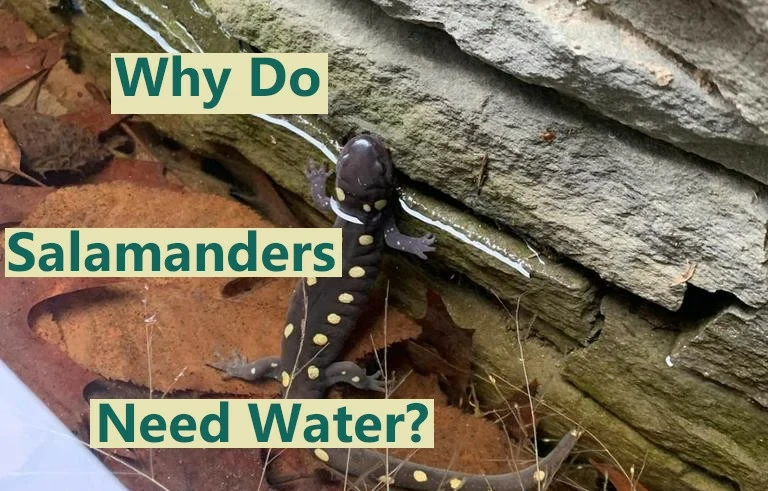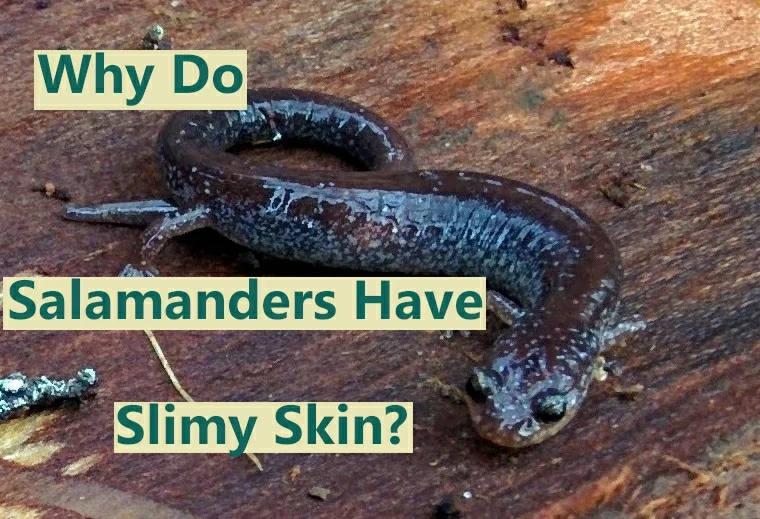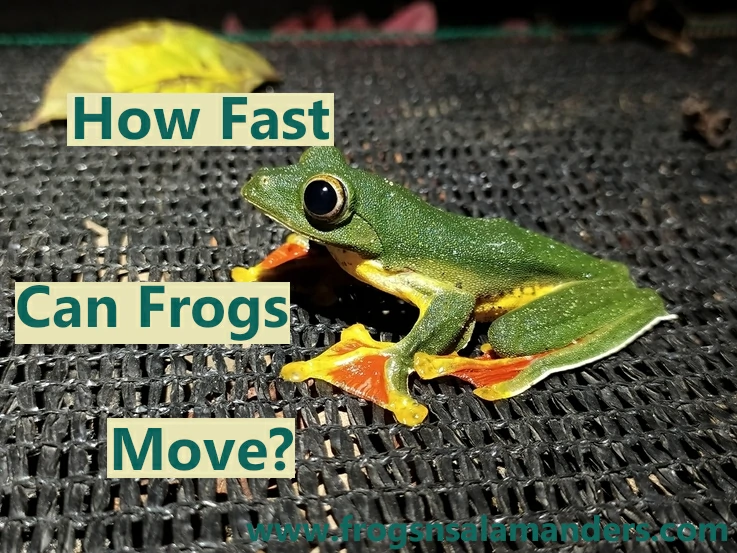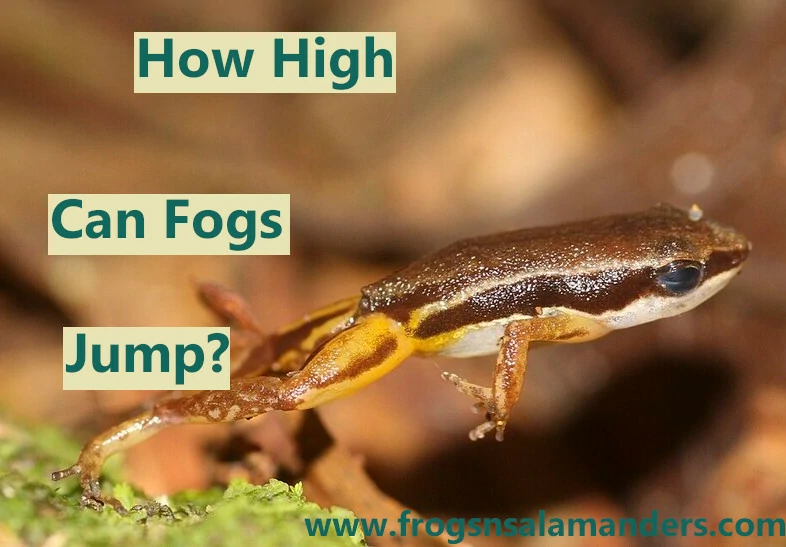Why Do Salamanders Need Water?
Many people know that most salamanders love to hang around in or near freshwater bodies, such as ponds, lakes, or streams. But have you ever wondered why salamanders need water? Salamanders need water to keep their skin moist, rehydrate, regulate their temperature, and reproduce. Salamanders are amphibians, which means they live part of their lives … Read more





